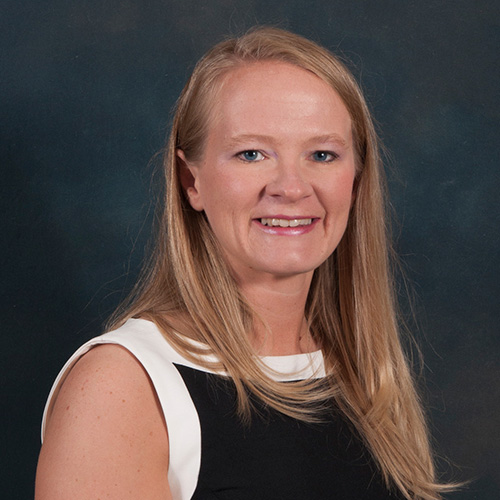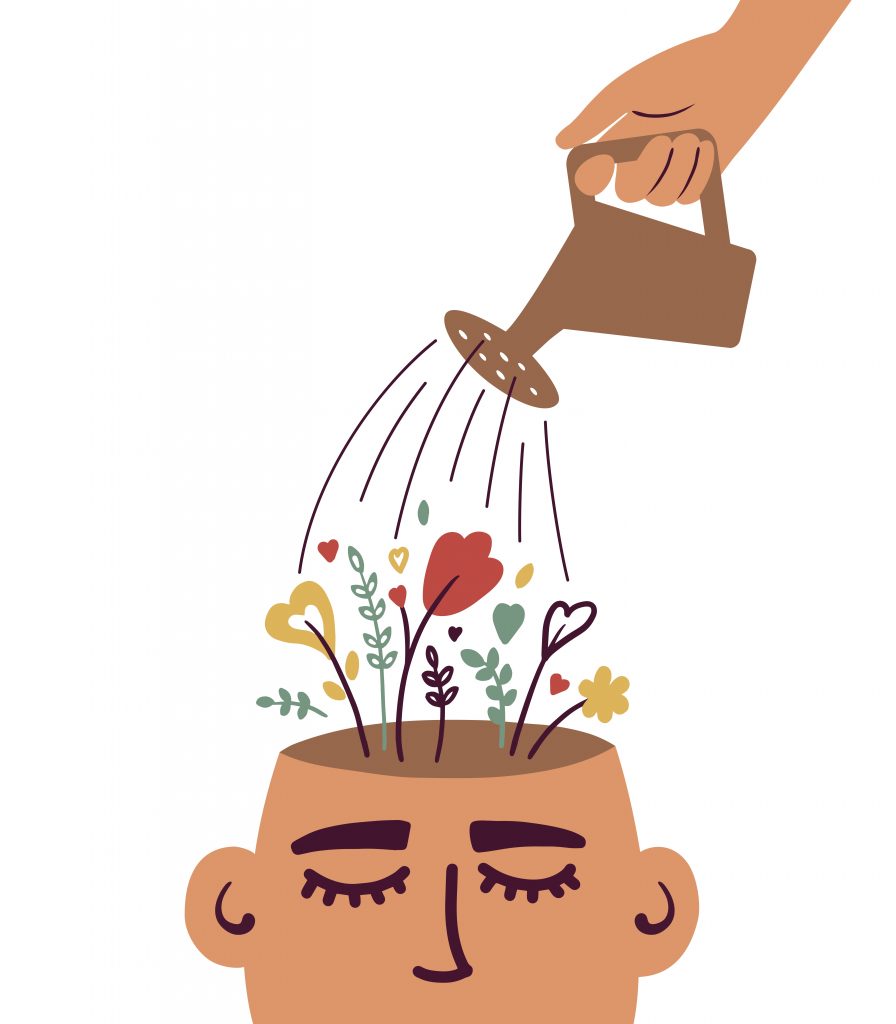Take care of yourself too, mom. Make time for your hobbies, dad. Sound familiar? While these well-wishes come from a good place, they don’t always explain how to actually start a self-care routine or why having one is useful.
Making yourself a priority as a parent is hard, but it is also incredibly important. To find some practical advice on starting a self-care routine, we sat down with Doctor Emilia Flint, a licensed psychologist with Black Hills Psychology in Spearfish.
When parents don’t take care of themselves, they can become stressed and burnt out. Dr. Flint says, “It’s important for anyone who is in a caregiver role to practice self-care. Imagine you have a pitcher full of water, and when you’ve engaged in self-care, that pitcher is full. But as you take on a caregiver role, you’re pouring out some of that care onto others, so the pitcher becomes empty. Self-care is what fills it back up.” Making time for self-care means parents are less stressed, and can show up for their families in a positive and constructive way.
How do we start our own self-care routine? Dr. Flint says, “First, we have to know what self-care is; it means honestly and genuinely attending to you for a period of time.” This means whatever you choose to do has to be something you do on your own; it can be something like reading, working out, or cooking, but it shouldn’t be a group activity or something done for someone else. It’s also important to note that self-care is about feeling, not necessarily about doing. If what you’re doing doesn’t make you feel better, you’re probably not in the right place.
A little at a time
The best part for parents living a busy lifestyle? Starting small will still let you reap the benefits of self-care, and Dr. Flint says, “If the idea of adding something to your schedule right now seems terrifying to the point where you’re like ‘why even try,’ know that it doesn’t take much. For example, over your lunch hour, take a minute to just breathe from your diaphragm. Sit in a comfortable position and find your bellybutton; breathing from your diaphragm should make your stomach move, not your shoulders. Take a really big deep breath and release it.”

When we breathe deeply from our stomach, our nervous system naturally calms down, which can reduce stress and anxiety. Breathing is a great way to start a self-care routine, since it’s quick and simple. Additionally, Dr. Flint says finding a minute or two every day to do something as simple as breathing helps in other ways: “you start to find those small, creative pockets throughout the day where you can just insert self-care.”
Find your self-care style
If you’re ready to dedicate more time to your practice, a great way to find your own style of self-care is to think about what makes you happy, or did when you were a kid. The things that interest us when we’re young tend to speak to our inner self more, since kids don’t have as many predisposed ideas of what they “should” be doing. If you’re feeling stuck, it also doesn’t hurt to ask around: “Have conversations with people about their self-care. What they do may not work for you, but just talking out what works for others can generate ideas,” Dr. Flint says. It’s a trial-and-error process, so it might take a couple tries before you find something that suits you.
“I think one of the most common mistakes people make is that they think there’s a formula they have to follow for it to work,” Dr. Flint says. There is no time quota you have to fulfill, no specific activity you need to do, or new sport to learn. It’s simply time you set aside to check in with yourself in a meaningful way.
Helping our children is what parenting is all about, but being a caregiver is probably one of the most important times in life to have your own self-care routine. Dr. Flint offers, “It’s on parents to teach their children tools, but also to model what practicing self-care looks like.” For our kids to learn to take care of themselves, one of the most powerful things parents can do is show them how to walk the walk.
If you want to help your kids find their own self-care routine, Dr. Flint has advice for that too! Check it out here.

Emilia Flint, Ph.D., LP
Dr. Flint is a licensed psychologist at Black Hills Psychology in Spearfish, and a full time assistant professor at Black Hills State University. She enjoys supporting student-led research projects in addition to her regular academic teaching schedule, and her personal research interests include sport, exercise, and performance psychology.
WORDS: ASHLEY JOHNSON

